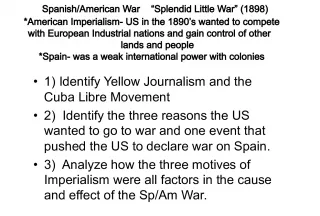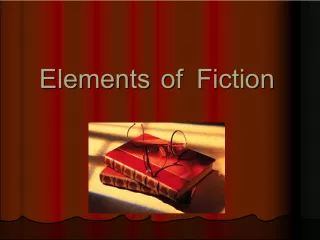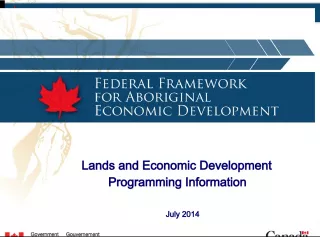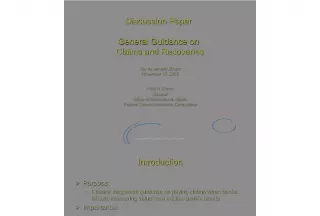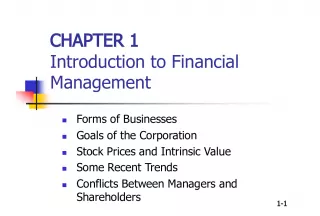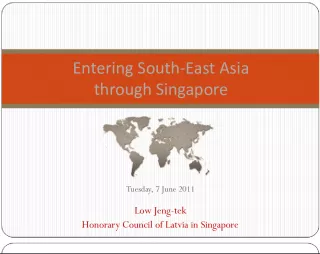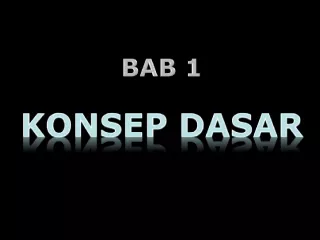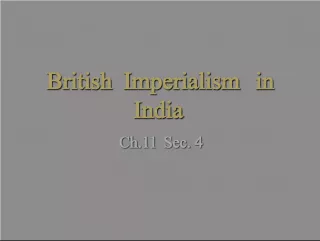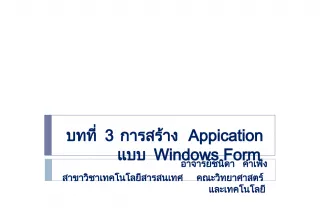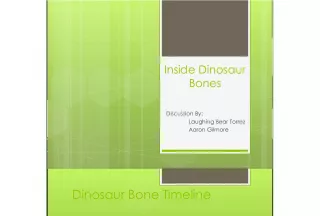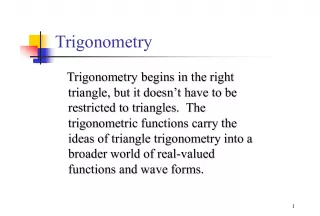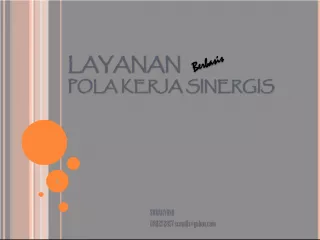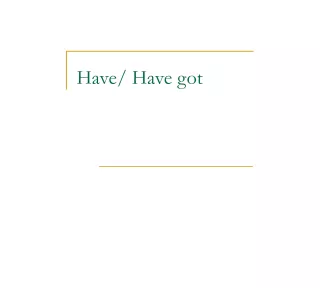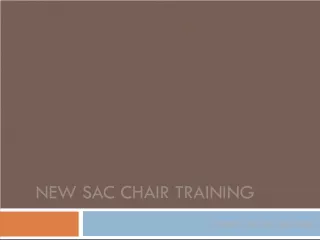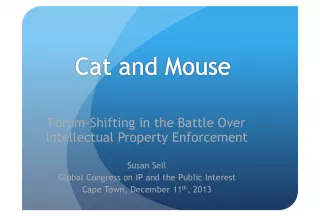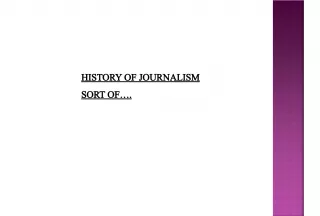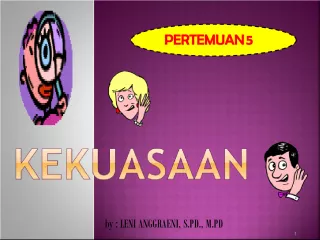Discussion on Imperialism and its Forms
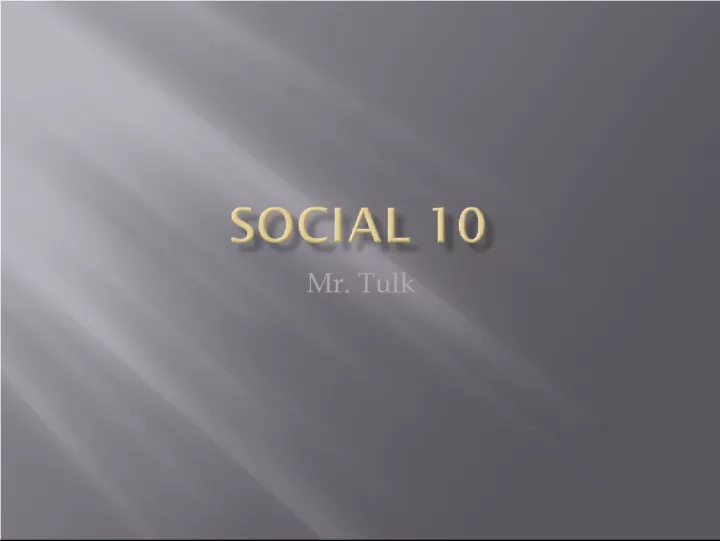

In this class, Mr. Tulk will be discussing the various forms of imperialism, including spheres of influence, protectorates, and colonies. He will also be returning graded essays and progress reports
- Uploaded on | 2 Views
-
 robert
robert
About Discussion on Imperialism and its Forms
PowerPoint presentation about 'Discussion on Imperialism and its Forms'. This presentation describes the topic on In this class, Mr. Tulk will be discussing the various forms of imperialism, including spheres of influence, protectorates, and colonies. He will also be returning graded essays and progress reports. The key topics included in this slideshow are . Download this presentation absolutely free.
Presentation Transcript
Slide1Mr. Tulk
Slide2•Imperialism • Sphere of influence • Protectorate • colony
Slide3Okay, you’ve finished sicko. I will pass back your essays today. Some of you didn’t pass them in! Also, I have some progress reports for those of you that didn’t attend Parent Teacher interviews. I am feeling a little better, however, my voice is still a little weak. So, I will need you to be relatively quiet today.
Slide4First, DO NOT COPY (Plagiaries) . Also, this is 10-1, it’s not enough to just copy my notes back at me. I am looking for independent thought. Watch for grammatical errors. Avoid colloquial work choice. Let’s pass them back, if you didn’t pass it in, it is now a ZERO!
Slide5What is industrialization? How did it change the workplace? What are some pros and cons? What did Henry Ford do?
Slide6Social Studies 10
Slide7As we’ve talked about, European powers began developing vast areas of the globe. They conducted business with the people they found and influenced their development.
Slide8The policy of one country extending political, economic, or military control over another.
Slide10Imperialism takes place when a strong country takes over a weaker country or region and dominates its economic, political, or cultural life. Over the entire human history we have seen groups try and take over others. This is known as Imperialism and is directly related to the growth of globalization.
Slide15the historical belief that the UnitedStates is destined and divinely ordained by God to expand across the North American continent, from the Atlantic seaboard to the Pacific Ocean. Sometimes Manifest Destiny was interpreted so widely as to include the eventual absorption of all North America: Canada, Mexico, Cuba and Central America.
Slide17Thinking about the idea we have already talked about: Why would any group want to take over, or influence, another
Slide18The Empire we just looked at are all examples ofImperialism. They have the common trait of being the effect of a powerful military taking control of another. Throughout the course of human history many other empires have and will rise and fall. Some argue that we are currently watching the fall the American Empire and the rise of the Chinese.
Slide19Has its roots in early mercantilism. Caused a massive increase in trade and exploration. It led to cultural contact with people that had never had relations. By 1815, the European powers had been expanding for 400 years. The word Imperialism came into existence as people noticed the vast amount of the globe controlled by European powers.
Slide22European countries become more industrialized. New industry creates more waste and needs more resources. To keep it up, they need: Raw Materials - as to create goods. Markets – People to sell to.
Slide23Colony Protectorate Sphere of Influence
Slide24What is Imperialism? How does it relate to globalization? Where does the word come from? What are some examples? Why did it happen?
Slide25The Empire became so valuable the countries fought over them.
Slide26British concern over German growth. Economic rivalry between Britain, France, and Germany. French and British desire to take away German colonies in Africa.
Slide27By the 1900s the British Empire extended over 5 continents. France had control of large areas in Africa. This caused a rivalry with Germany. Germany had entered the “competition” to acquire colonies. Small areas in Africa.
Slide28Look for Capitalism, Mercantilism,And Industrialization.
Slide29Colony a colony is a territory under the immediate political control of a state. People who migrated to settle permanently in colonies controlled by their country of origin were called colonists or settlers.
Slide30Continued However, a country does not have to have colonial control over another, but can still control it. The term "informal colony" is used by some historians to describe a country which is under the de facto control of another state, De facto is a Latin expression that means "concerning the fact" or "in practice but not necessarily ordained by law".
Slide31USA Many historians argue that the USA has De facto Colonies all over the globe. As their Politics, Military, Social, and Economic movements usually cause changes on a global scale. There is a reason the President is know as “the leader of the free world.”
Slide32Other forms of Imperialism As well as Colonies, people can be controlled with Protectorates, Spheres of Influence, and Company Land Grants.
Slide33Protectorate any free territory that is protected politically or militarily by a stronger state. In exchange the protectorate usually accepts specified obligations, which may vary greatly, depending on the real nature of their relationship. However, it retains sovereignty (Freedom) and some ability to control its government.
Slide34Continued A protectorate can be both Amicable (willing) or Colonial (not as willing).
Slide35Puerto Rico On July 25, 1898, during the Spanish-American War, Puerto Rico was invaded by the United States. Puerto Rico began the 20th century under the military rule of the U.S. They use the US Dollar and are controlled by the US. However, they can not vote and technically are not citizens of the US.
Slide36Sphere of Influence A region in which an outside country influences politically, economically, militarily, or Socially. Has an impact on the societies culture. country within the "sphere of influence" of another more powerful country may become a de facto colony. It’s kind of like peer pressure or hanging out with the “cool people”.
Slide37What are some examples we canthink of from now?
Slide38Finally, Company Land Grant A Region granted to a company for economic gain. Such as Rupert’s Land (HBC) (Modern Day Alberta and Fort Mcmurray) This place was a company land grant that the British gave the HBC to control what would become Canada.
Slide39Review What is a: Colony Protectorate Sphere of Influence Company Land Grant
